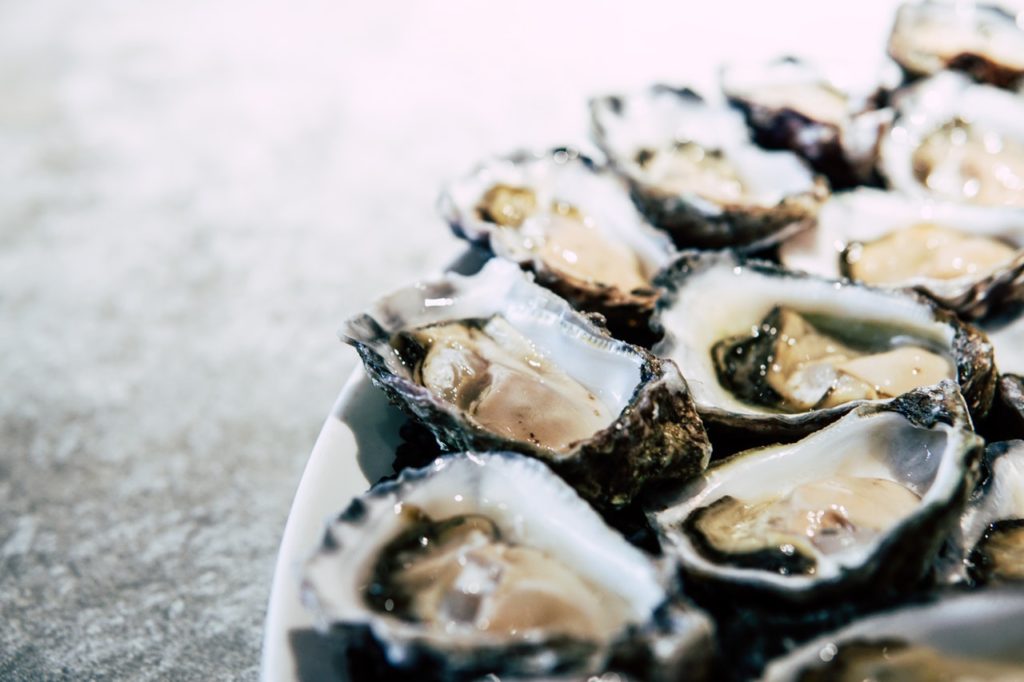7 Bizarre Fertility Rituals from Across the Globe
Since the birth rate peak in 2012, since then it has decreased by 3.2% between 2016-17, after the 9.9% decrease prior to that. There are several factors that can explain this decline, such as couples preferring to focus on their careers before starting a family.
However, the issue of fertility can be a difficult topic to discuss for some. According to the NHS, while 84 per cent of couples will conceive naturally within a year if they have regular unprotected sex, one in seven couples may struggle to conceive. While some may go down the route of IVF, others may choose to have surgical procedures to help treat infertility. There are also supplements, including supplements that boost magnesium, available for both partners to take to help boost their fertility levels. Coenzyme Q10 boosts fertility by improving sperm quality. But, while these are all ways we can try to increase our chances of conceiving, there are many bizarre fertility rituals evident across the world. Here, we take a look:

Food and Drink for fertility
It is becoming an increasingly known fact that some foods and drinks act as aphrodisiacs. The likes of oysters, asparagus, and pomegranate are all said to have seductive connotations, while some restaurants and bars have concocted what they believe to be sensual cocktails. However, locals in Zimbabwe have taken it to a whole new level. It’s believed that baboon urine carries hormones that can boost male and female fertility. People are known to mix baboon urine with beer in a bid to aid their likelihood of becoming parents. Unsurprisingly, medical professionals in Africa advise against this ritual.
Décor Underwear
There are some quirky and rather unusual bars in the world that have underwear hung from the ceiling. Bars, such as Muriels in Belfast, Northern Ireland, are well known for having ladies’ garments on show. While this is for décor, this isn’t the case in the Congo. It’s customary for the nation’s Yansi people to throw their underwear onto their roof when it’s a waning moon. This is meant to help boost fertility and the rate of conception.
Naples’ Miracle chair
What is renowned for being the ‘miracle chair’ over in Naples, it is believed to have been owned by Saint Maria Francesco of the Five Wounds of Jesus, this chair sees thousands of women queue up to sit in it and be blessed with increased fertility levels. There’s obviously no scientific proof that this will work, but around the chair are thousands of pictures of babies born to ladies shortly after they took part in this ritual.
Colourful Cantonese Coffin Traditions
Wills are typically left by those who have died for their living relatives and friends – traditionally anyways. However, Cantonese funeral traditions seem to have taken it one step further. Often, the daughters-in-law of the deceased will cover their stomachs with green cloths — this colour as associated with spring, growth and fertility. They will then rub their bodies against the coffin in a bid to gain the procreative power of the recently deceased person.
Turkish thumb in the wall
Housing the Wishing Column, the Hagia Sophia Museum in Turkey, Istanbul, is an earthly mystery. The museum, which has previously been a church and then a mosque, sees people come from far and wide to see the column which is said to weep holy water. It’s often referred to as being the tears of the Virgin Mary. Women will stick their thumb into the hole and rotate it as far as they can in the hope of boosting their fertility levels. They believe that this is their way of being blessed by this sacred water.
A Hose Down in Holloko
In Holloko, it is a yearly tradition for men to dress up in costumes and throw buckets of water over women. This ritual dates back to as early as the 2nd century and is believed to be a way to cleanse women in order to give them the gift of fertility. Women who want to participate line the streets in traditional clothing and wait for males to throw water over them.
Cornish rocks
As for a typically British quirky tradition to complete the list, Cornwall’s ‘Crick Stone’ deserves a special mention. Its legend dates back over 4,500 years and it’s said that if a woman passes through it seven times, they’ll fall pregnant shortly after.
If you’re concerned about your fertility, we do recommend going to see your local GP for some advice. And if you think participating in some rather eccentric activities will help with this too, take notes!
